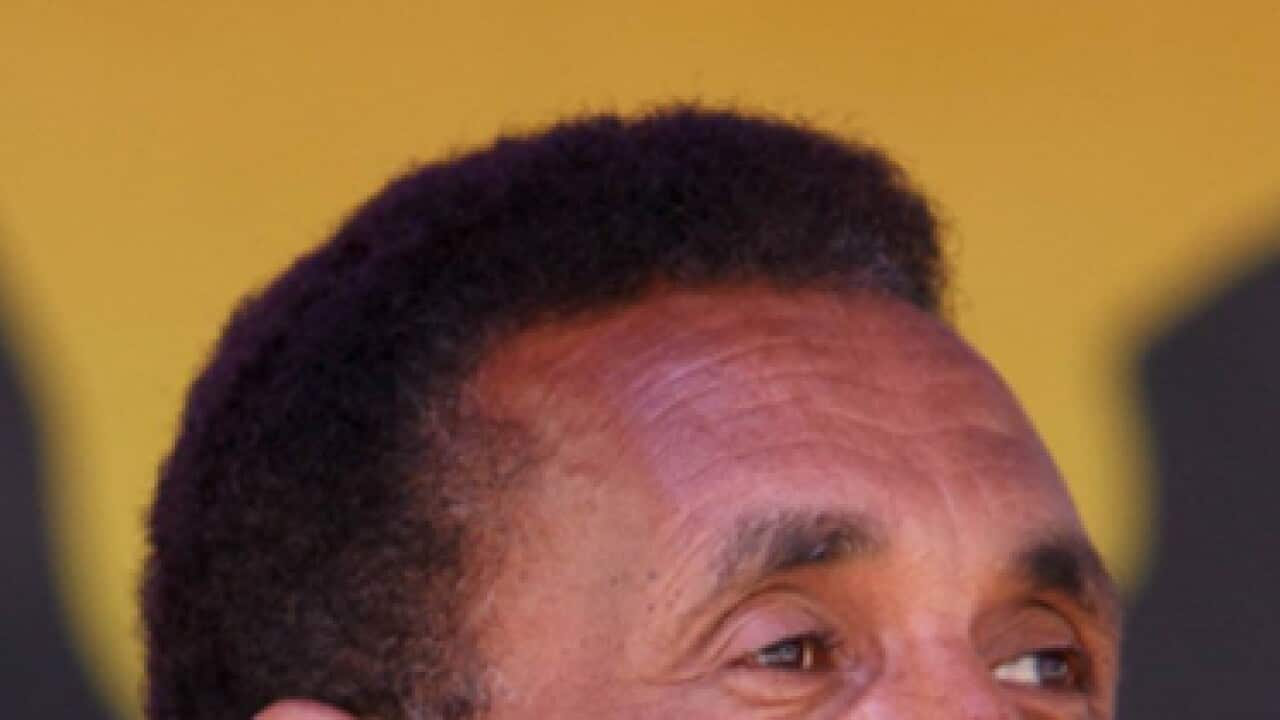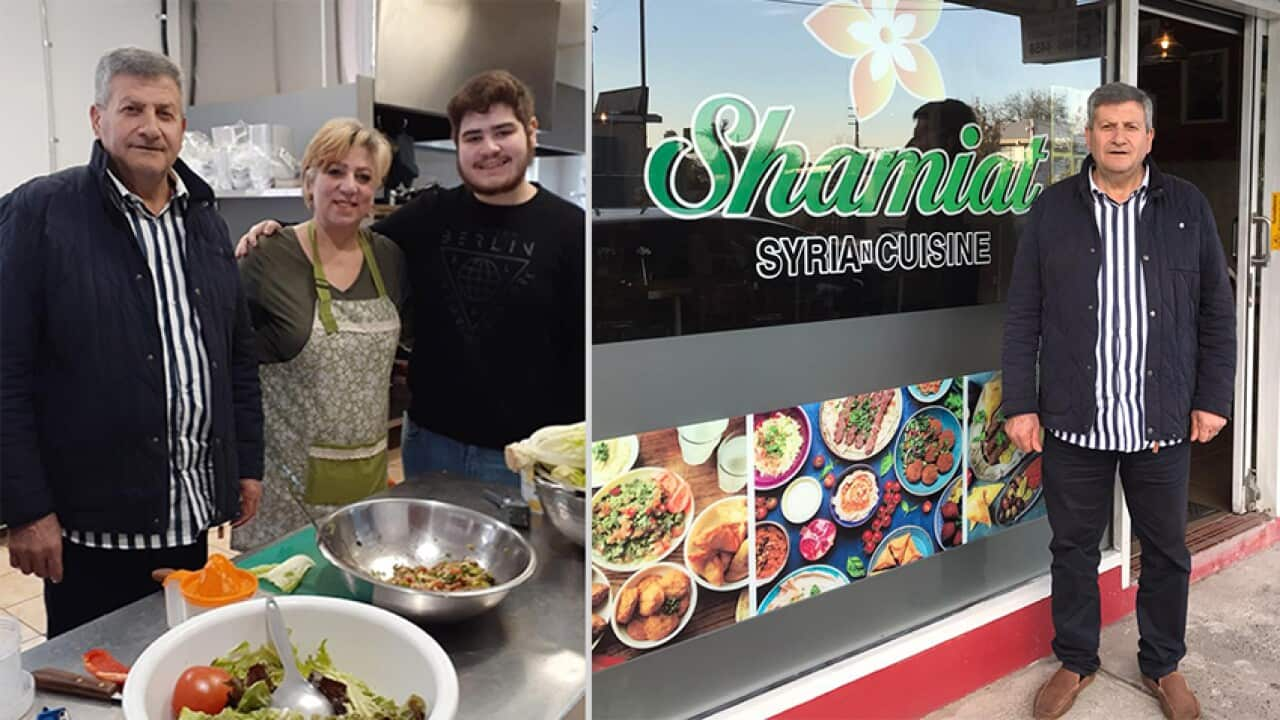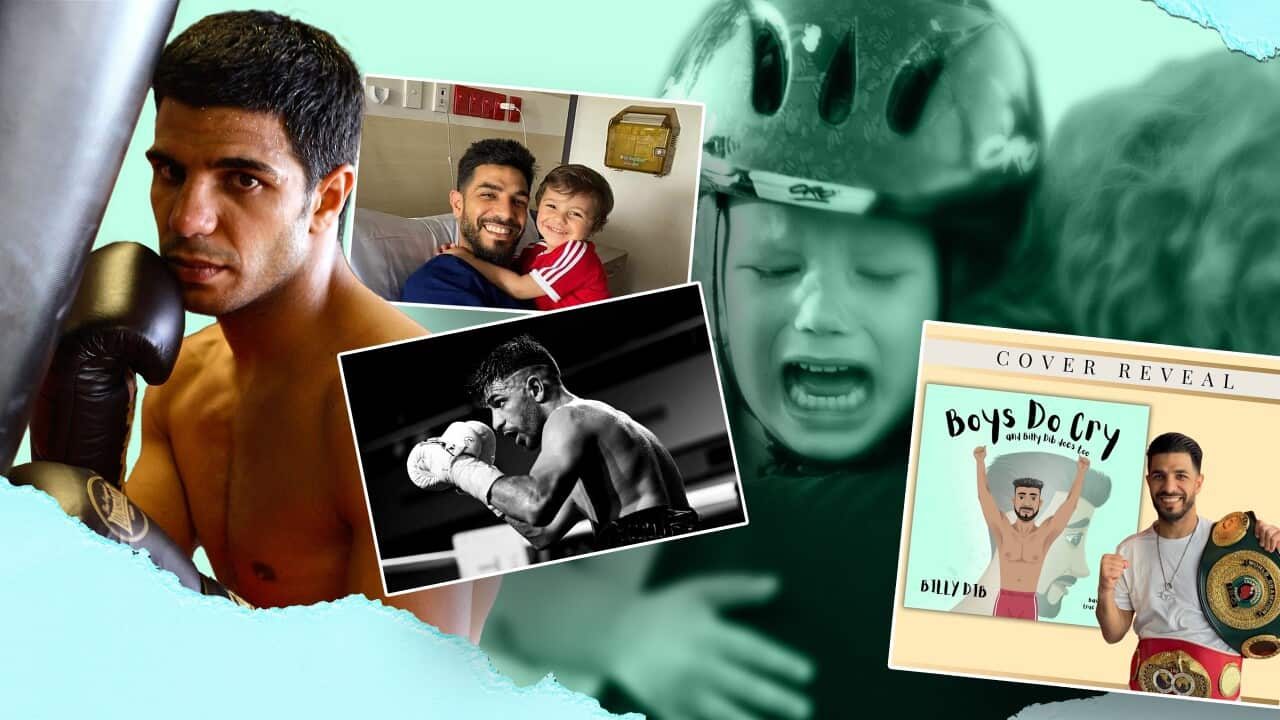Some door-to-door testing teams that are roaming hotspot suburbs in Melbourne’s north are spending more time persuading and alerting residents of the risks and dangers of COVID-19 rather than administering the test itself, an Arabic translator accompanying the teams tells SBS Arabic24.
Ashur Nissan, 23, initially thought that his task of facilitating linguistic communication between testers and the non-English speaking residents in his suburb of Broadmeadows would be a straightforward one.
But he says he soon realised it would become a "hard negotiation task”.
Broadmeadows is one of 36 suburbs considered COVID-19 hotspots by Victorian authorities, which led Premier Daniel Andrews to order a four-week lockdown and a door-to-door testing campaign.
The measures were enforced as the state battles to stop the spread of the virus, with more than two weeks of double-digit cases recorded, which has led to the  At midnight on Wednesday, more than 4.9 million Melburnians will be sent back into lockdown, .
At midnight on Wednesday, more than 4.9 million Melburnians will be sent back into lockdown, .

Victoria State Government Health and Human Services people knock on doors in Broadmeadows to check if people have any symptoms. Source: AAP
On the front line, Mr Nissan said he was “shocked” to see many residents in the communities of Broadmeadows and two other nearby suburbs, not answering their doors and refusing to take the test.
“Though they politely expressed their refusal to do the COVID-19 test, some Arabic-speaking families in Broadmeadows, Roxburgh Park and Craigieburn were of the thought that the coronavirus was no more than a conspiracy and a political joke,” the translator said.
He affirmed that some residents expressed to him that they believed the virus was a "lie with political motivations".
Last week, Premier Andrews announced that the stay-at-home orders would be reimposed on hotspots.
Under these restrictions, people can only leave their homes for four reasons: to exercise, go to school or work, undertake care responsibilities, and buy food and other essentials.
Mobile testing teams with translators such as Mr Nissan continue to roam the hotspots to identify potential cases. Perceived fears and resistance about taking a test have led the testing teams to train residents in these suburbs to self-administer the kits for a later collection.
Perceived fears and resistance about taking a test have led the testing teams to train residents in these suburbs to self-administer the kits for a later collection.

Victorian Premier Daniel Andrews speaks to the media. Source: Getty
Mr Nissan said his team handed over testing kits to people who refused to take them, and the teams regrettably found 30 per cent of the kits collected were "used without giving the persons’ samples”.
“The teams were obliged to throw these collected testing kits away as they were considered invalid,” he said.
“We have so far faced several challenges especially dozens of families who do not recognise the real danger of COVID-19 on community health.”
He emphasised that the testing teams, with the help of translators, would spend more time explaining the risks and dangers of COVID-19, then conducting the tests.
To combat the resistance from residents, he said short videos of coronavirus cases from Victorian hospitals were shown to residents who initially abstained from having their test taken.
“COVID-19 patients at the ICUs who thankfully agreed to be filmed and presented as a showcase warning to other people were of great help for us in the testing teams to convince the test rejecters of the virus' impact on wellbeing,” Mr Nissan said, affirming that the vision has made many in the Arabic speaking community change their mind and take the test. He said the teams’ presentation of information “shocked some people” and “helped them be back to the truth after they for some time believed COVID-19 was just a joke or a conspiracy”.
He said the teams’ presentation of information “shocked some people” and “helped them be back to the truth after they for some time believed COVID-19 was just a joke or a conspiracy”.

DHHS community engagement team members Sonia O'Neil (left) and Joey Nguyen arrive to a property in Sunshine, Melbourne. Source: AAP
Going forward, Mr Nissan said he had one simple message to his community.
“Getting tested early will save you later complications, ICU care, and hospital admission."
He noted that the message of the teams is being heeded "more and more" while he is still roaming the northern Melbourne suburb of Craigieburn with the testing teams.
People in Australia must stay at least 1.5 metres away from others. Check your state’s restrictions on gathering limits.
If you are experiencing cold or flu symptoms, stay home and arrange a test by calling your doctor or contact the Coronavirus Health Information Hotline on 1800 020 080.






